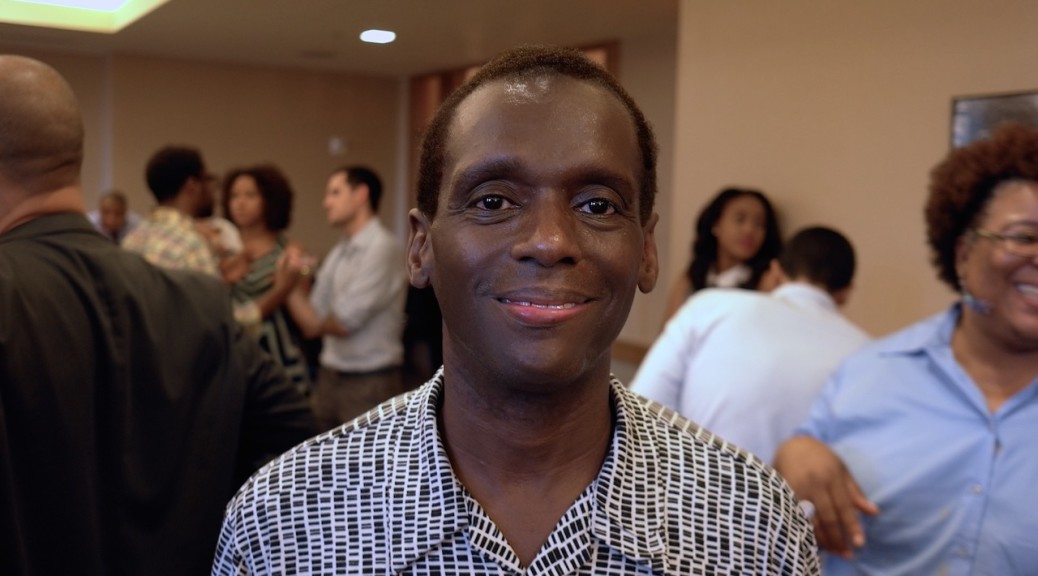MARCELLUS BLOUNT
Associate Professor of English and Comparative Literature
It was very productive for me to see that feminist studies begat queer studies, which enabled me to see African American studies differently. So I began to work in this field that’s now variously populated with really exciting young scholars. At that moment, I have to say, my work was met with some resistance. “Why, Marcellus, are you taking on yet another battle?” I got that. I got that. It just seemed to me that it was so productive to think about gender, to expand the category of gender, to expand the objects that the category of gender allows us to see anew. It was the logical consequence of the kind of work that I wanted to do, even though at times—I began lecturing widely on this moment in African American literature that was defined by the loss of writers at precisely the time in African American studies you began to see these communities of queer writers. The focus of our work is defined by trauma and loss. I did a lot of—that’s actually the moment which maybe began to be a bridge between my activism and my scholarship, thinking about people like Essex Hemphill and Melvin Dixon and Joe Beam, reading the works that began to be produced, like the anthology Brother to Brother by Essex, or Isaac Julien’s Looking for Langston, and how gay men moved necessarily to the forefront of political struggles for African American men. Theoretically it made sense to think, how does gender shape how we think about men.
I’d been focusing on liberating women from the small spaces that men place them in and it became important to me to think about liberating men from those small spaces in which they place themselves. So, a more expansive notion of masculinity, a more supple notion of masculinity was important not just for women or for gay men, but for heterosexual men as well, a different kind of politics of liberation.

